Transport Good
The environmental justice social enterprise.
Author: Steve Chambers
-
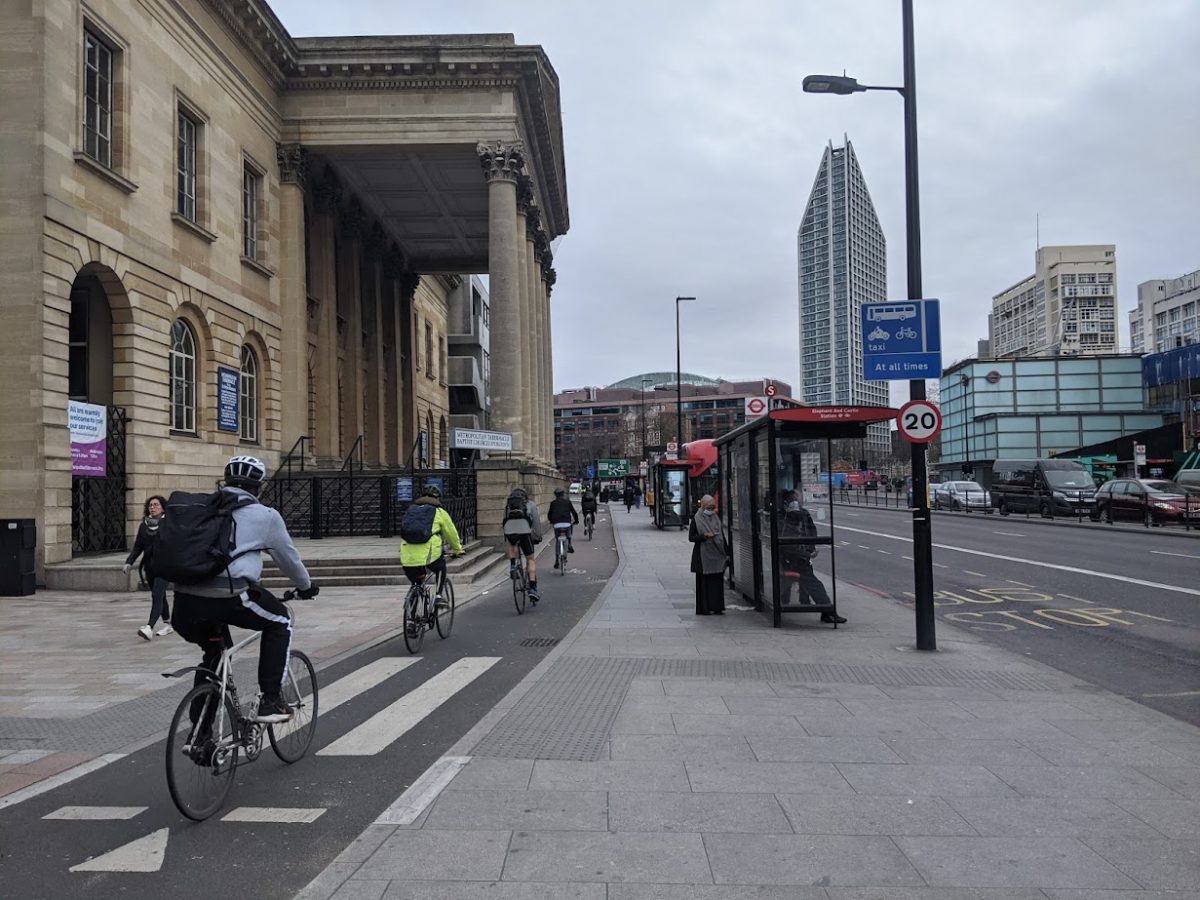
We aren’t recruiting at the moment, but this is the place to check back in future.
-
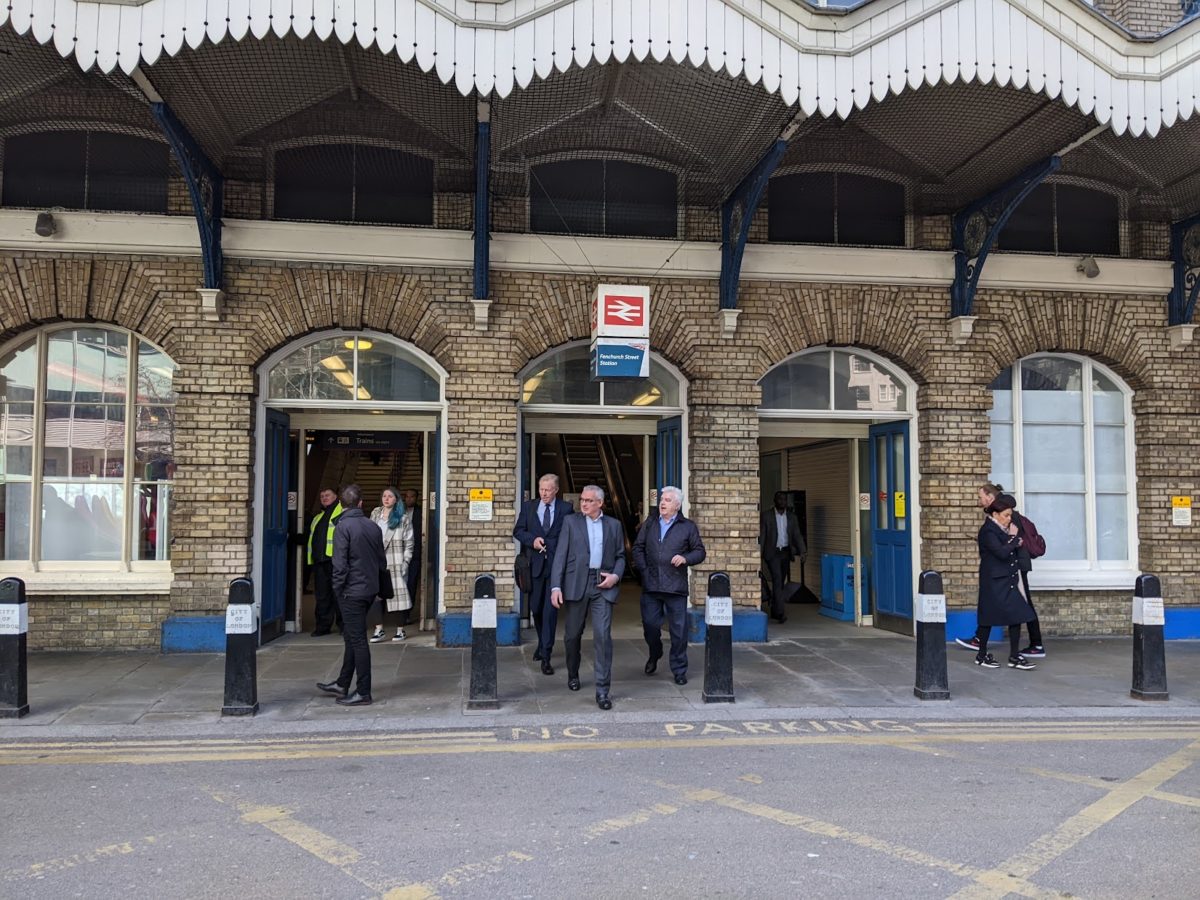
How are the rail timetables being restored after the pandemic? Here is the first report for operator c2c.
-
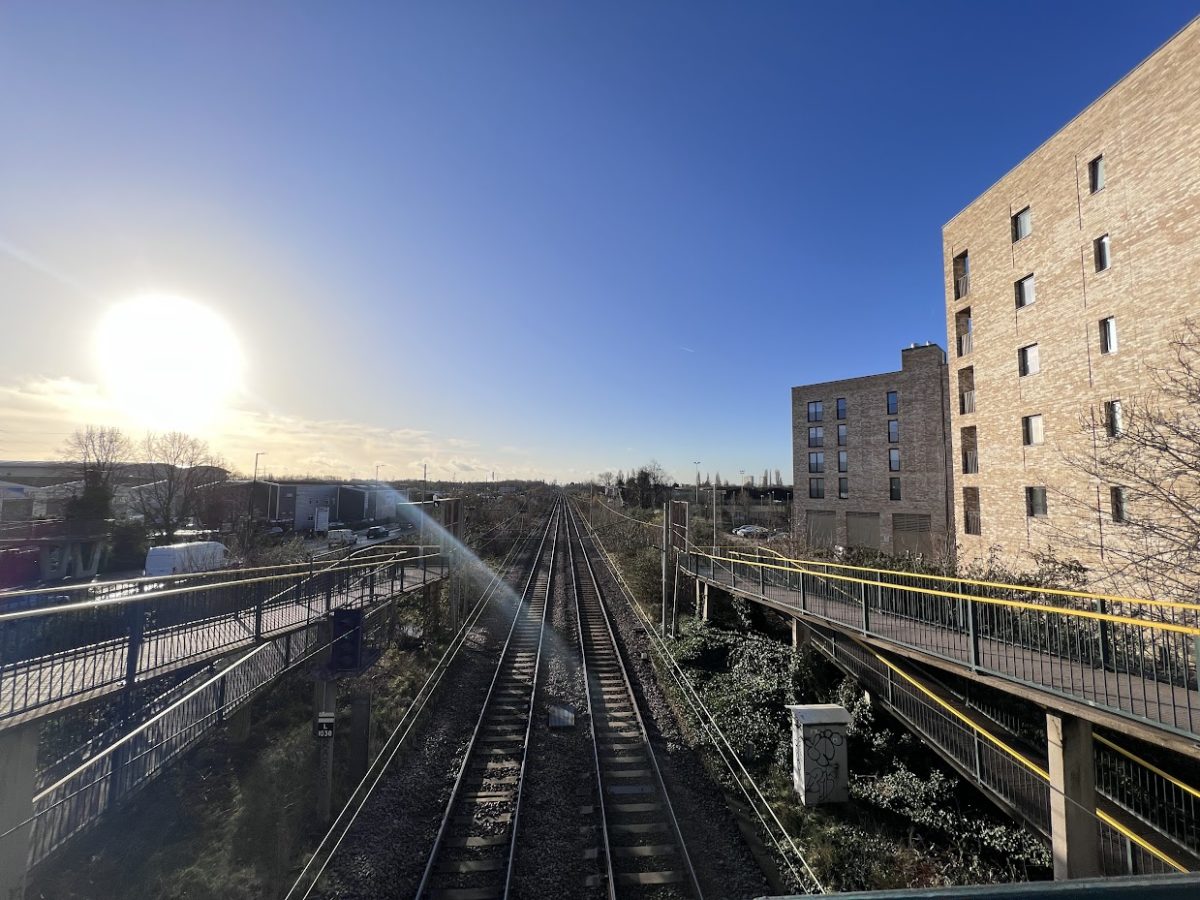
You can find us on Mastodon.
-
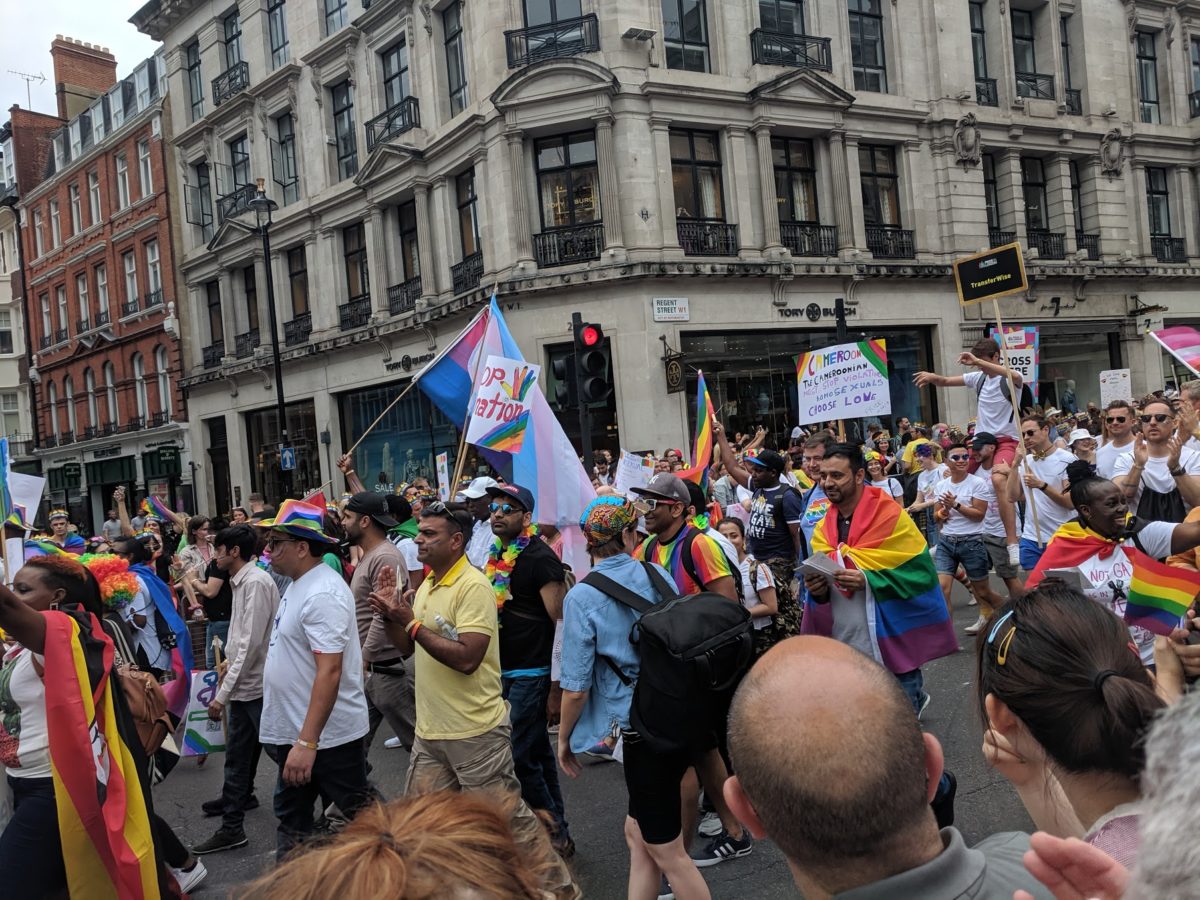
Futurechangers is a groundbreaking cohort programme that will run for the first time during 2022 in London.
-
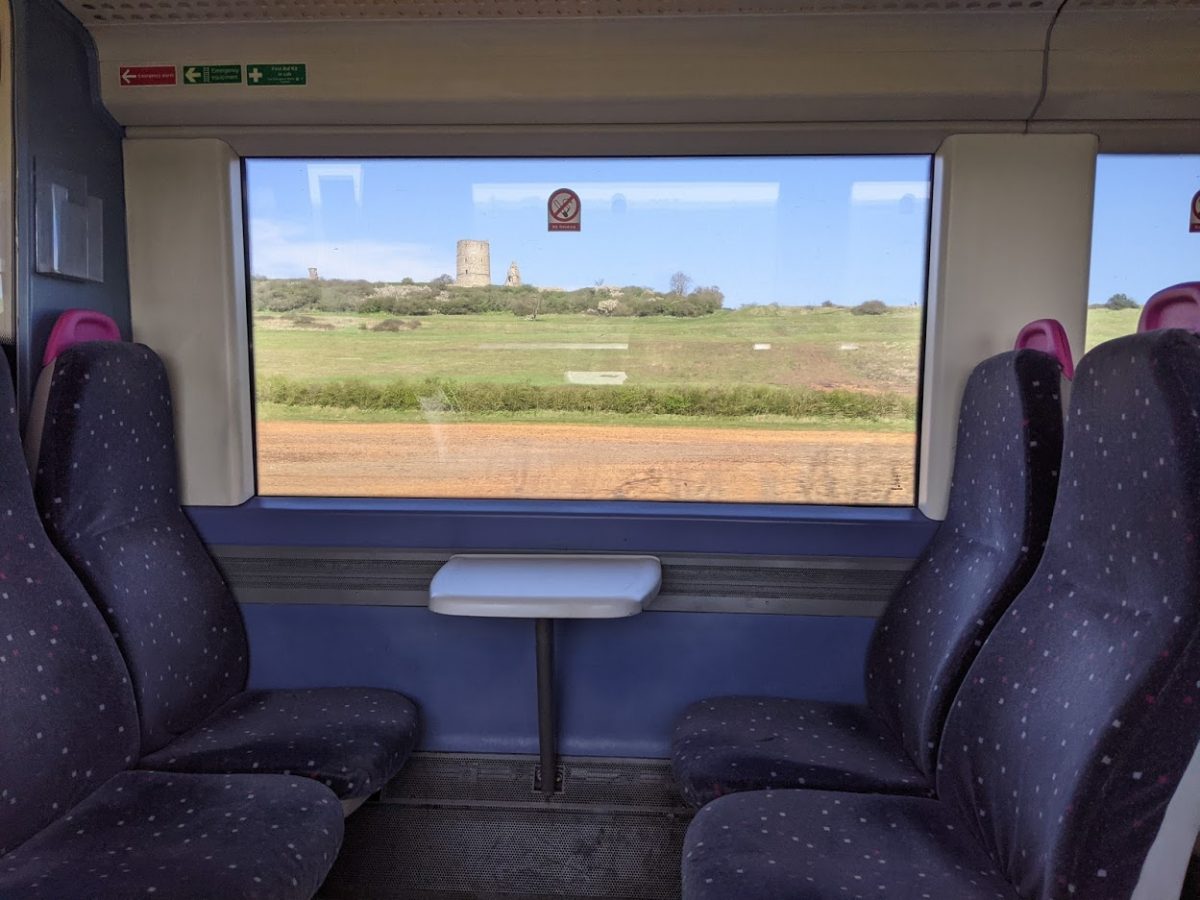
Railway services have been cut throughout the UK in response to the pandemic. Despite rising passenger levels many of these services have not been restored.
-

We can be better